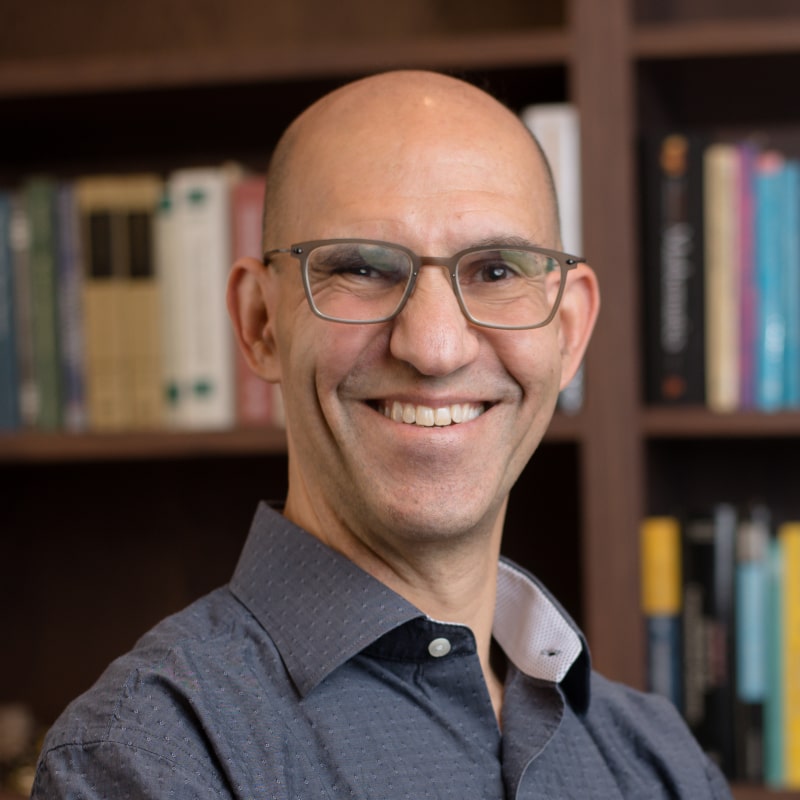AI & Science

 Graphing Causation to Find Solutions Faster
Graphing Causation to Find Solutions Faster
The Tetrad Automated Casual Discovery Platform is an open-source software platform for simulating, estimating and searching for graphical causal models of statistical data. Developed by a research team involving philosophers, computer scientists and statisticians, Tetrad consists of algorithms that take measured data and background knowledge as input, and then compute the set of underlying causal systems ⏤ in essence, inferring "what causes what.” The project can be used to clarify experiments that will get researchers to the final answer faster to bring resources, like new drugs and therapies, to society sooner. With more than 35 years of development, Tetrad originated in CMU’s Philosophy Department and improved with support from the National Institutes of Health in conjunction with the Department of Biomedical Informatics at the University of Pittsburgh. In 2020, Tetrad received the Super Artificial Intelligence Leader (SAIL) award at the World Artificial Intelligence Conference.
Learn How to Use Tetrad
Improving Mathematical Research and Education
Directed by Jeremy Avigad, professor of philosophy and mathematical sciences, the Hoskinson Center for Formal Mathematics is dedicated to the use of formal computational methods and new technologies for mathematical research and education. In this ground-breaking approach, researchers at the center will frame mathematical theorems and proofs in a formal language using the Lean platform. The output can be used to develop computer programs that can assist in discovering proofs, verify steps humans enter and certify the correctness of the proofs developed. The Hoskinson Center was established with a gift from blockchain pioneer Charles Hoskinson.
Explore the Hoskinson Center for Formal Mathematics
Making Connections
The interdisciplinary nature of research at Dietrich College means that our work often defies categorization.
Tetrad helps us understand causation in science, but it is also a foundational building block of AI. The work being done at the Hoskinson Center helps us dive deeper into research and improve the ways the we teach and learn about mathematical proofs.